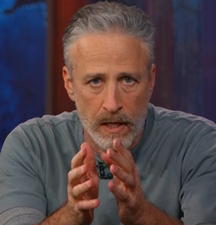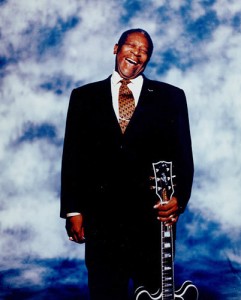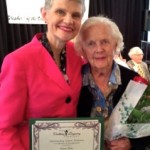The world is still reeling from the shocking news of the death of music icon Prince. Friends, family and fans continue to honor and pay tribute to his accomplished life.
In the summer of 1984, my husband and I saw the movie Purple Rain, starring Prince as the lead character, and showcasing his music. The moment his image and sound hit the screen, I was hooked. I became a bona fide fan of his music and unique style.
We testify when a legend like Prince passes this earth. Here’s what Prince taught me about professionalism:
Authenticity. Prince was a one-of-a-kind performer and human being. Despite his small stature, his on-stage persona loomed larger than life. He combined a unique look – with a touch of flamboyance and androgyny – and sound – crossing over genres of pop, rock and roll, funk, R&B and new wave – to create a memorable presence and brand. He was an original. Professionals who know who they are and who don’t imitate others are those who capture our attention, admiration, and loyalty.
Best self. In his journey of self-expression, the Grammy-winning artist took many risks. He was unpredictable, pushing the limits. Whether it was a new release or a live performance, he held himself to high standards. Billboard Magazine claimed Prince’s performance at the 2007 Superbowl as the greatest Superbowl performance ever. Does your “best self” show up every day?
Inclusive. Prince’s band composition reflected inclusion, crossing racial, gender and sexual preference boundaries. He often highlighted the talents of female band members. This happened at a time when America needed unification. How often do you support, mentor or coach others, or even include others, and showcase their talents?
Give unconditionally. Prince gave his music to other artists to perform. In 2007, he shocked music moguls when he shared his album, Planet Earth, first with the United Kingdom public for free. How much do you give of yourself, unconditionally, expecting little or nothing in return?
Invention/reinvention. One of the music industry’s most prolific writers, Prince pushed the boundaries throughout his career, producing about 40 albums, and selling more than 100 million records. Fans remember the years 1993-2000 when he proclaimed himself to be “the artist formerly known as Prince,” using a symbol rather than his name. Sometimes we have to remind ourselves that we too can be more creative, that we can reinvent ourselves.
Generosity. While he didn’t discuss it publicly, Prince was known for his kindness and generosity, supporting issues he deeply cared about, like the environment, peace, human rights, and equality. As professionals, we have the opportunity to pay it forward and share the wealth in our communities and around the world. How generous are you?
Inspirational. As professionals, we sometimes have to look outside ourselves for inspiration or motivation to become the people we want to be. Prince inspired us to break out of our complacency and try something new or different, whether in our professional or personal lives. How are your actions inspiring others?
Many tributes have been written, spoken, created, or posted. Here are two of my favorites:
CBS Sunday Morning commentator Bill Flanagan delivered an eloquent salute, Prince: An Appreciation, referring to the artist as a “one-man Rainbow Coalition.”
Canadian DJ Skratch Bastid (Paul Murphy) spins a short tribute to Prince.
Prince’s music will live on in our hearts. He will remain forever young. He will remind us every day to push our own boundaries as professionals.










